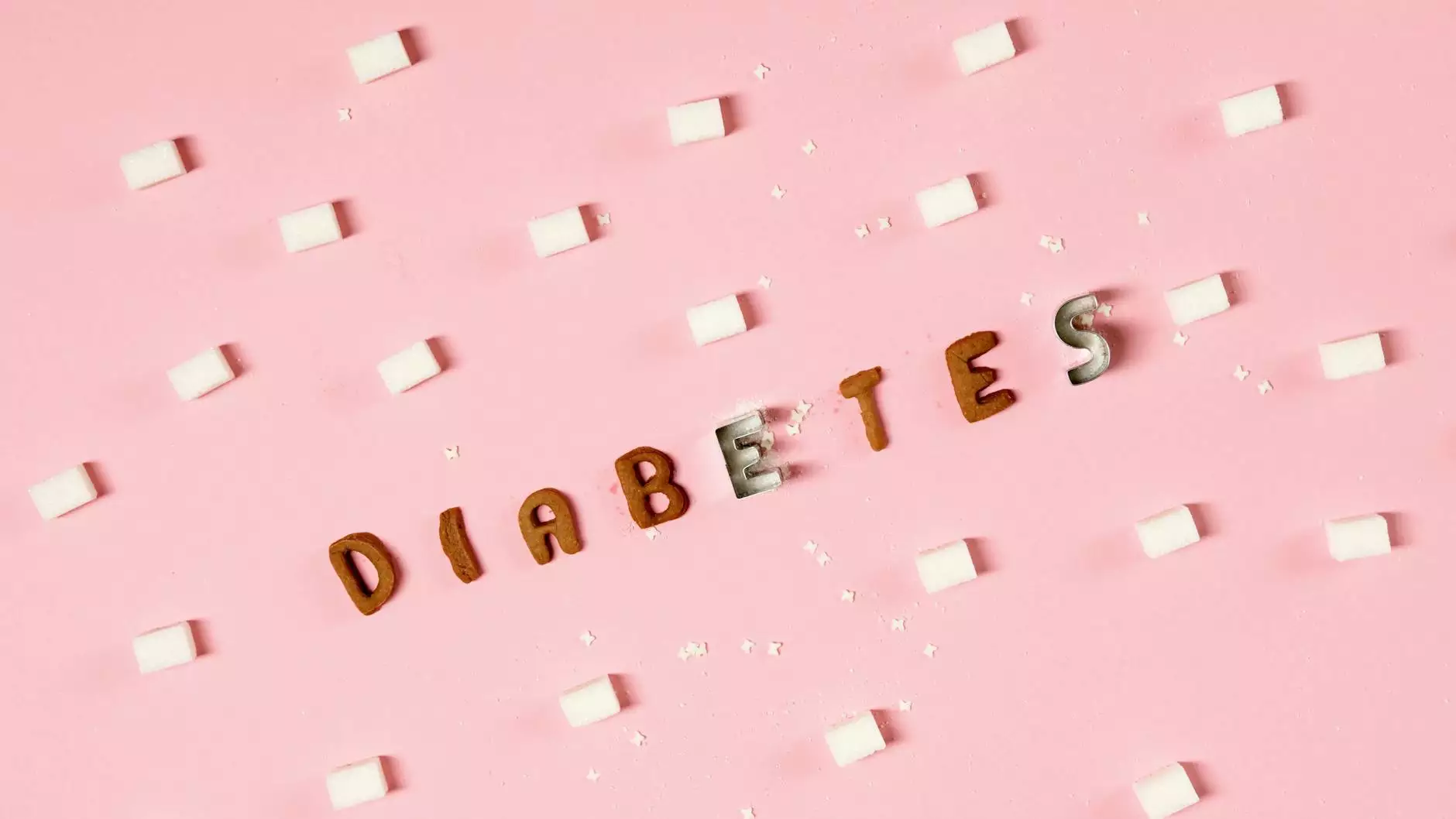Heart-Healthy Ways to Lower Your Blood Pressure
Health
Maintaining Optimal Blood Pressure for a Healthy Heart
Welcome to Muir Diablo Occupational Medicine, your trusted source for comprehensive health information. In this article, we will dive into the world of heart-healthy ways to lower your blood pressure, providing you with essential insights and strategies to maintain optimal cardiovascular health.
Understanding Blood Pressure
Before delving into effective ways to lower your blood pressure, it is important to understand what blood pressure is and how it relates to your overall well-being. Blood pressure is the force exerted by circulating blood against the walls of your arteries. It consists of two measurements, systolic pressure (the top number) and diastolic pressure (the bottom number).
The Dangers of High Blood Pressure
High blood pressure, also known as hypertension, can considerably increase your risk of developing serious health complications, such as heart disease, stroke, and kidney problems. Lowering your blood pressure can significantly reduce these risks and improve your overall quality of life.
Implementing Lifestyle Changes
One of the most effective ways to lower your blood pressure is through lifestyle modifications. By making simple yet impactful changes to your daily routine, you can achieve remarkable results in managing your cardiovascular health.
1. Healthy Eating Habits
Adopting a heart-healthy diet that is low in sodium, saturated fats, and processed sugars can play a crucial role in maintaining optimal blood pressure. Incorporate fresh fruits, vegetables, whole grains, lean proteins, and healthy fats into your meals. Reduce your intake of processed foods, packaged snacks, and sugary beverages.
2. Regular Physical Activity
Engaging in regular aerobic exercise, such as brisk walking, jogging, swimming, or cycling, can help lower blood pressure and strengthen your cardiovascular system. Aim for at least 150 minutes of moderate-intensity exercise per week, or consult with a healthcare professional for personalized recommendations.
3. Stress Management
Chronic stress can contribute to elevated blood pressure. Practice stress-reduction techniques like meditation, deep breathing exercises, yoga, or engaging in hobbies that bring you joy and relaxation. Prioritize self-care and make time for activities that promote mental well-being.
4. Weight Management
Maintaining a healthy weight is crucial for managing blood pressure. If you are overweight or obese, losing even a small amount of weight can have a significant impact on lowering your blood pressure. Explore various strategies, such as portion control, mindful eating, and regular physical activity, to achieve and maintain a healthy weight.
Effective Strategies and Additional Tips
In addition to lifestyle changes, there are several other strategies that can contribute to lowering your blood pressure naturally:
- Limit alcohol consumption
- Avoid tobacco and nicotine products
- Monitor your blood pressure regularly
- Stay hydrated
- Limit caffeine intake
- Ensure sufficient sleep and rest
- Limit sodium intake
- Consider dietary supplements, under medical guidance
Consult with Medical Professionals
While implementing lifestyle changes is important, it is crucial to consult with experienced medical professionals, such as your primary care physician or a specialist, who can provide personalized guidance based on your unique health needs. They can monitor your progress, prescribe medication if necessary, and offer valuable advice to help you achieve and maintain a healthy blood pressure level.
Take Control of Your Blood Pressure for a Healthy Future
Muir Diablo Occupational Medicine is committed to empowering individuals with knowledge and resources to improve their health and well-being. By adopting heart-healthy ways to lower your blood pressure, you are taking a crucial step toward a healthier future. Implement these strategies, seek professional guidance, and embrace positive change to effectively manage your blood pressure and enhance your overall cardiovascular health.




